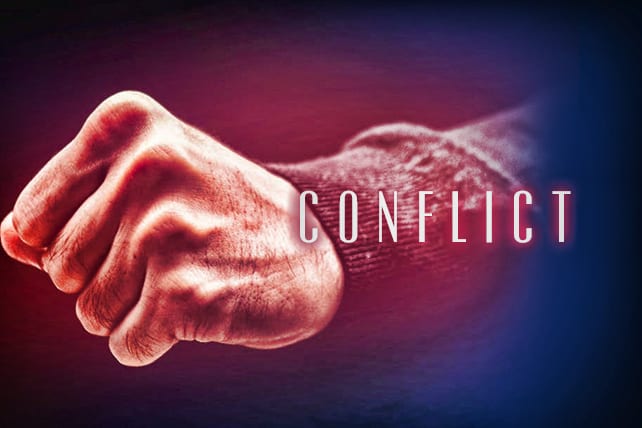Conflict comes in so many shapes and sizes. We all need to know how to handle conflict in ministry. Sometimes it finds you and other times you need to create it. No one really wants conflict because it causes us to slow down and address something that’s messy.
4 Ways Of How To Handle Conflict In Ministry
1. TAKE CARE OF IT IMMEDIATELY
The tendency is to hide from conflict, but all that does is create gaps in communication. If the relationship isn’t solid then suspicion will fill in.
To take care of conflict immediately means:
- Acknowledging that there is a problem.
- Communicating with all who are involved.
- Creating a plan to address the situation.
If there is a delay, the tension will grow along with the problem.
2. REMOVE EMOTIONAL TRIGGERS
When emotions take over, it’s easy for the rationale to go out the door. While you want to be authentic in your feelings, you need to make sure they don’t consume the conversation.
Change the focus from you and put it on resolving the issue. Think about what’s best for the relationship. Slow down the process, listen to the whole story, and ask God for guidance and wisdom.
3. PARTNER UP
In conflict, you need accountability and an outside perspective. An outside party will be able to hear things that you might miss. They’ll be able to explain the situation in a new light.
Partnering up is also important when meeting with someone of the opposite sex. It removes any misinterpretation and can diffuse any discomfort on the other person’s part.
4. ONCE RESOLVED, LET IT GO
Keep short accounts. Don’t keep a tally of how many times a certain person places in conflict in your life. Try to move on after a resolution is found. In the end, you’ll be happier.
You might find that someone is a reoccurring problem. Again, in those situations, it’s important to have accountability. Bring any conflict you have to your pastor or supervisor so that they can help you create safeguards.
Conflict is not fun, but it is necessary. It’s going to help you stop, slow down and think about what you are doing. Instead of ignoring it, address it and move through it. In the end, it will make you stronger.
What other tips would you offer when it comes to facing conflict?














